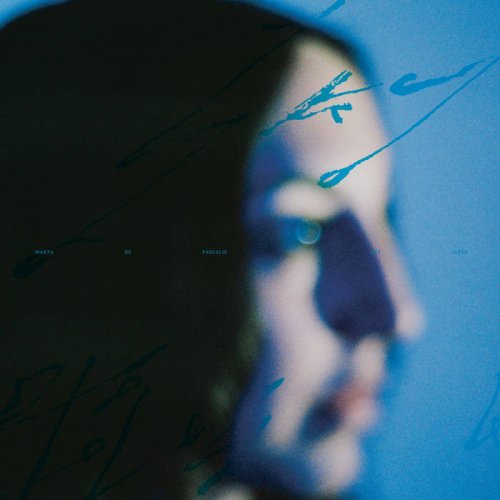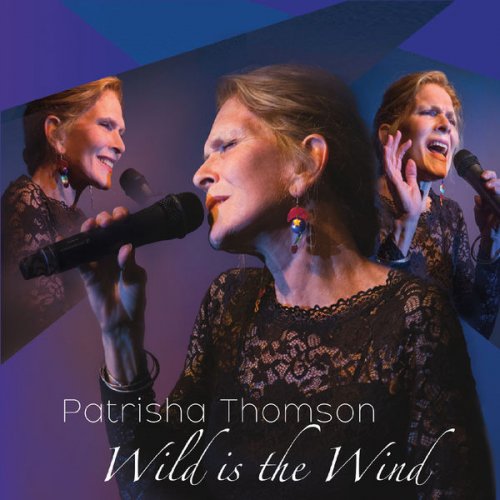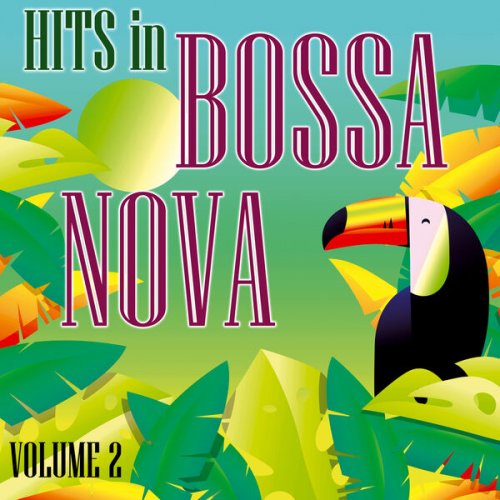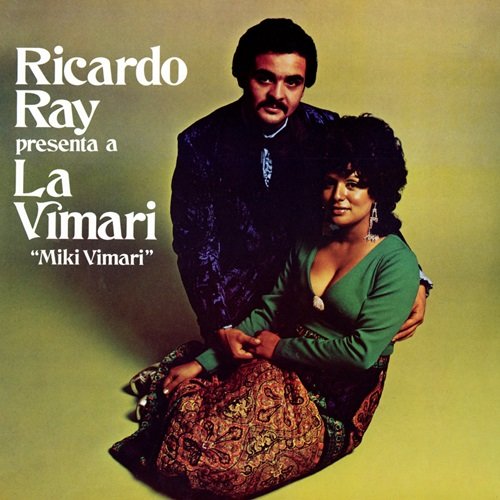Marta De Pascalis - Sky Flesh (2023)

Artist: Marta De Pascalis
Title: Sky Flesh
Year Of Release: 2023
Label: Light-Years – LY 004D
Genre: Electronic
Quality: 16bit-44,1kHz FLAC / 24bit-44.1kHz FLAC
Total Time: 38:31
Total Size: 250 mb / 445 mb
WebSite: Album Preview
TracklistTitle: Sky Flesh
Year Of Release: 2023
Label: Light-Years – LY 004D
Genre: Electronic
Quality: 16bit-44,1kHz FLAC / 24bit-44.1kHz FLAC
Total Time: 38:31
Total Size: 250 mb / 445 mb
WebSite: Album Preview
1. VoXCS60x (02:07)
2. The Shapes We Buried (02:00)
3. Blue To Blue (02:38)
4. Yueqin (03:17)
5. Glider (04:43)
6. Harmonices Infinity (05:00)
7. Commas Light (02:48)
8. Cut Off Horizon (01:52)
9. Lasciati (04:58)
10. Equal To No Weight At All (09:08)
If there’s one specific component that grounds “Sky Flesh”, it’s the focus. Italian musician and sound designer Marta De Pascalis flexed her technical muscle on 2020’s “Sonus Ruinae”, layering various sounds and processes in an attempt to touch the sublime. In contrast, “Sky Flesh” is a single thought, composed using just one instrument: the Yamaha CS-60. A slimmed-down sibling to the gargantuan CS-80 – the analog synthesizer used by Vangelis to create his iconic “Blade Runner” score – the CS-60 was released in 1977, a few years before the MIDI protocol was introduced to help standardize production methods. MIDI would change the electronic music landscape completely, offering a level of control that De Pascalis consciously relinquishes, preferring to highlight expressiveness and timbre, elements more readily associated with acoustic instruments. The album arrives as much of the wider experimental scene busies itself with algorithmic composition and AI-assisted modeling; De Pascalis chooses to work instead like an organologist, harnessing the CS-60’s mercurial magic to suggest deeper truths about our evolving relationship with machines.
Currently based in Berlin, De Pascalis grew up in Rome, where she was surrounded by atrophied ruins that piqued her interest in decay and memory. Over her last three albums, she used tape loops and advanced synthesizer techniques to create a unique sound world that’s guided by her musical philosophy, rather than a specific aesthetic. As she’s developed her technique and confidence, her music has become even more idiosyncratic, and at this stage in her career, she’s stripped her sound down to its core elements, focusing on emotion, narrative, and mystery. Using timbres that recall a time when electronic music still waved towards the future, De Pascalis’ melodic content is rooted in early and Renaissance music, almost cleaving it from history entirely. Fittingly, “Sky Flesh” is released on acclaimed Italian composer Caterina Barbieri’s burgeoning light-years label, the ideal platform for her labyrinthine, cosmic vignettes.
De Pascalis introduces us to the album with a triptych that establishes her sonic landscape immediately. On “voXCS60x”, “The Shapes We Buried” and “Blue to Blue”, she presents the CS-60 in all its malleable glory, running its serrated, ring-modulated oscillations through booming reverb and reducing them to vapors. Despite not working with MIDI sequencing, De Pascalis exerts a remarkable level of command, bending her compositions into abstract shapes without sacrificing their evocative earworms. It’s an almost ritualistic process that centers on a musician who’s not only in dialog with technology but with the cosmos itself, channeling its puzzles through her machines. This soul-searching is most evident in “Yueqin”, a dreamily ornate, moonlit composition that breathes through filigree melodic flourishes and triumphant fanfares, signaling a distant romance in the heavens.
De Pascalis takes a brief detour on “Commas Light” and “Cut Off Horizon”, investigating tonality in miniature and coaxing expression out of her delirious runs of notes with uncommon ease. It makes the conclusion of “Làsciati” and “Equal to no Weight” hit that much harder, the former a dissonant dance into psychedelia and the latter an almost ten-minute cloud of obscured harmony. With all traces of the CS-60’s sound humbled by tides of noise, it’s an apt finale, climaxing with suggestive echoes that pointedly disappear into silence. With “Sky Flesh”, De Pascalis doesn’t freeze time, but expands its reach, offering a fresh perspective on cosmic music that’s steeped in riddles and wonder.
![Brad Keeghan - Brad Keeghan (2025) [Hi-Res] Brad Keeghan - Brad Keeghan (2025) [Hi-Res]](https://www.dibpic.com/uploads/posts/2025-12/1766078373_cover.jpg)
![LRK Trio, Elizaveta Korneyeva and Euphoria Orchestra - LRK Orchestra (2025) [Hi-Res] LRK Trio, Elizaveta Korneyeva and Euphoria Orchestra - LRK Orchestra (2025) [Hi-Res]](https://www.dibpic.com/uploads/posts/2025-12/1766210674_qm8oj75twl1x5_600.jpg)
![Philipp Gropper’s Philm - Sun Ship (2017) [Hi-Res] Philipp Gropper’s Philm - Sun Ship (2017) [Hi-Res]](https://img.israbox.com/img/2025-12/22/lxfeu4bqs3xus6ku842hruzby.jpg)



![Jamaican Jazz Orchestra - Rain Walk (2019) [Hi-Res] Jamaican Jazz Orchestra - Rain Walk (2019) [Hi-Res]](https://img.israbox.com/img/2025-12/21/snzv0mdiaf2dg21tiqrm87jaq.jpg)

